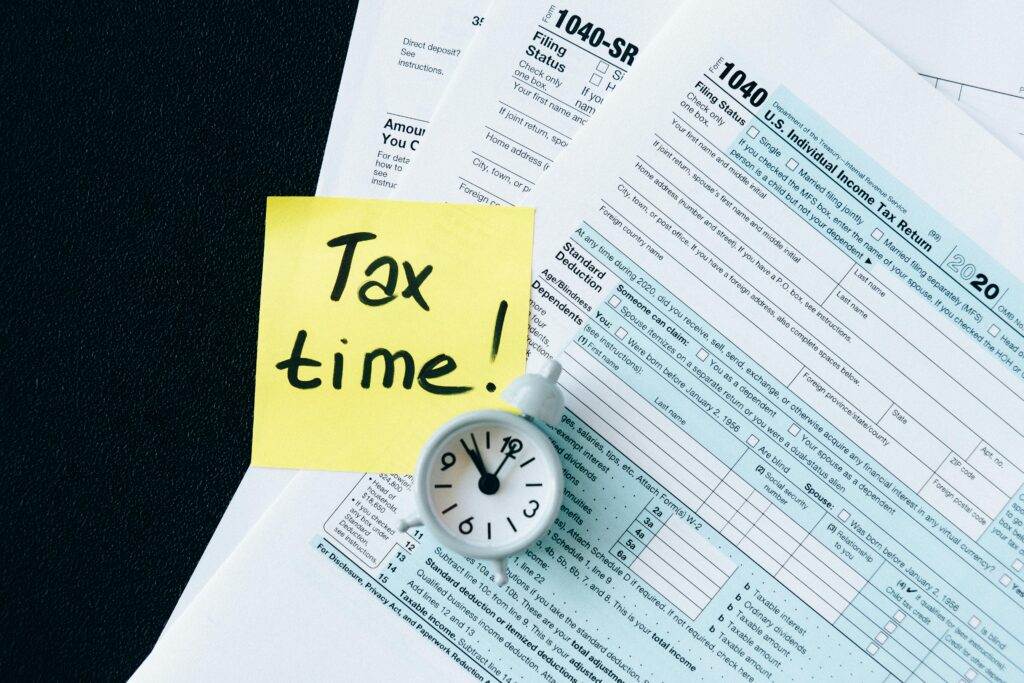Understanding how to prepare for an audit of your small business is crucial in maintaining compliance and avoiding potential financial setbacks. As a small business owner, you may face different types of audits, so we’ll cover various aspects of preparing for these.
So what do you need to know to properly prepare for an audit? In this comprehensive guide on how to prepare for an audit of your small business, the following tips will empower you to protect your business by preparing accordingly.
What is a Small Business Audit?
A small business audit, often referred to as a financial audit or an external audit, is a comprehensive examination and verification of a small business’s financial records, transactions, and financial statements by an independent and qualified auditor. The primary purpose of a small business audit is to provide assurance regarding the accuracy and reliability of the company’s financial information.
Independent Examination
A small business audit is an impartial and comprehensive review of a company’s financial records and statements conducted by an independent auditor.
Verification of Financial Statements
The core of the audit process involves a detailed review of the small business’s financial statements to ensure their accuracy and reliability.
Assessment of Internal Controls
Auditors assess the internal controls and accounting procedures in place to identify weaknesses or deficiencies that could lead to errors or fraud.
Testing and Sampling
Auditors use various audit procedures, including testing and sampling, to validate the accuracy of financial transactions.
Evidence Gathering
Auditors gather evidence to support their findings and conclusions, including physical documents, electronic records, third-party confirmations, and interviews.
Compliance with Accounting Standards
The audit ensures that the small business complies with generally accepted accounting principles (GAAP) or other relevant accounting standards.
Audit Report
At the audit’s conclusion, the auditor issues a report providing an opinion on the fairness of the financial statements.
Use of Audit Reports
Small business audits may be conducted for various reasons, such as regulatory compliance, external financing, and tax reporting. The audit report provides assurance to external parties.
Continuous Improvement
Audits also serve as an opportunity to identify areas for improvement in financial and operational processes and to receive recommendations from auditors.
Types of Small Business Audits
Small businesses may face different types of tax audits, such as correspondence audits, field audits, and criminal investigations. Familiarizing yourself with these audit types can help you better prepare for the auditing process for each.
- Correspondence Audits. These involve written inquiries from the IRS questioning specific items on your tax return.
- Field Audits. These involve an in-person meeting with the IRS to review financial records and documents due to discrepancies.
- Criminal Investigations. These occur if the IRS believes fraud has been committed or large amounts in taxes are owed.
Organize Financial Records for an Audit
To prepare for any type of audit, it’s essential to gather all accounting records from the past tax year when notified by authorities, including:
- Appointment Logs. Maintain a detailed record of client meetings and business appointments.
- Equipment Records. Keep track of equipment purchases, maintenance costs, and depreciation schedules.
- Assets and Vehicles Documentation. Document ownership details, usage history, and insurance coverage information for company-owned assets like real estate or vehicles.
- Travel and Entertainment Expenses. Create accurate expense reports detailing your business-related travel costs, including transportation fares, lodging, and meals, ensuring they comply with IRS guidelines on deductible expenses.
In addition, review previous years’ financial documents, such as canceled checks, invoices, and credit card statements for any discrepancies.
Consider Hiring a Certified Public Accountant (CPA)
A CPA can be invaluable for complying with tax regulations and avoiding costly errors when filing taxes. A CPA can help you accurately file your taxes, which reduces the risk of potential penalties or fines associated with incorrect submissions or late payments. A CPA can:
- Navigate Tax Laws & Regulations: CPAs are experts in understanding and applying tax laws to your business’s unique situation.
- Ensure Compliance & Accuracy in Filings: With their expertise, CPAs can identify errors before they become issues and help you stay compliant with all required filings.
How to Dispute Proposed Changes by the IRS
If the IRS reviews your business’s returns and proposes changes you disagree with, you can request a conference with an IRS manager to discuss these issues further. Understanding your rights and options during the audit process is crucial for protecting your interests and potentially avoiding costly penalties and fines associated with incorrect filings or late payments.
- Requesting a Conference with an IRS Manager. Be proactive in addressing any proposed changes by scheduling a meeting to present evidence supporting your position.
- Protecting Your Business Interests. Consult with a CPA who can provide expert advice on tax laws, ensuring a smooth, stress-free experience when disputing proposed changes.
It Pays to Be Prepared
Audits can happen to any small business, so it always pays to be prepared. At Scharf Pera & Co., PLLC, we offer expert guidance to help you prepare for an audit of your small business. Contact us today for advice on audit preparation and learn more about our professional services.

